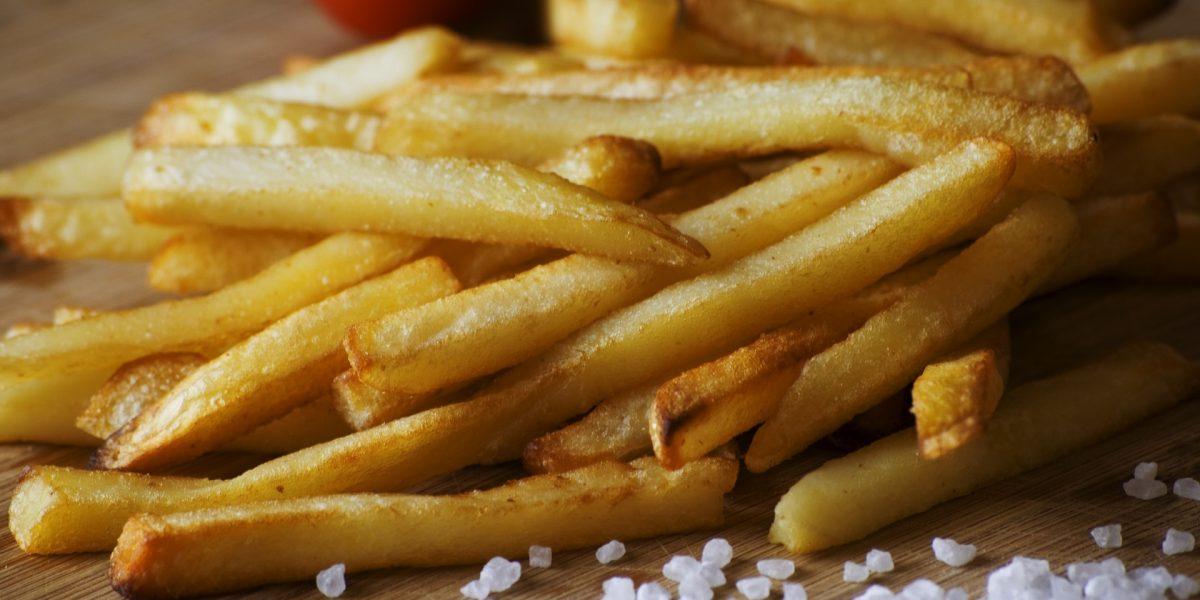
What a Healthy Diet Isn’t
A registered dietician weighs in on the dangers of restrictive eating.
Gluten, dairy and sugar have become verboten. Juices are increasingly replacing meals. Desserts are reserved for cheat days, and cheat days only. Although these choices may be made in the name of a healthy lifestyle, they may represent eating behavior that isn’t so healthy beneath the surface. This exclusion is often too restrictive, and it’s where a healthy diet can cross over to the dark side.
The cheat day, for example, has become popular among fitness enthusiasts wishing to achieve a lean, cut body. Although this can be effective for weight loss, it’s actually similar to “binge and restrict” behavior and can lead to an unhealthy relationship with food. Linda Bacon, Ph.D., says, “The notion of the cheat day is to allow yourself food you enjoy but normally don’t eat. So when you go to eat ice cream on cheat day, the whole quart tends to disappear.”
In addition to the short-term regret one usually feels after that type of overeating, there can be broader detrimental effects. Research shows that individuals who practice restrained eating and focus on weight have lower self-esteem than those who base their diet on health, without restricting food or calories.
On top of all that, restrictive eating methods like this typically aren’t sustainable, so the weight lost is usually regained.
The concept of a balanced diet has become distorted, and the cheat day is a good example—because a healthy diet doesn’t mean balancing six days of clean eating with one day of eating whatever you’d like. It also doesn’t mean undoing dessert with an extra gym class the next day. In fact, this is what a healthy diet isn’t.
The more you allow yourself foods you enjoy and crave, the less of them you’ll probably end up eating. So try stepping away from restriction. Your next scoop of ice cream may be your first step towards achieving a truly balanced, healthy diet.
Sourced from: Furthermore
